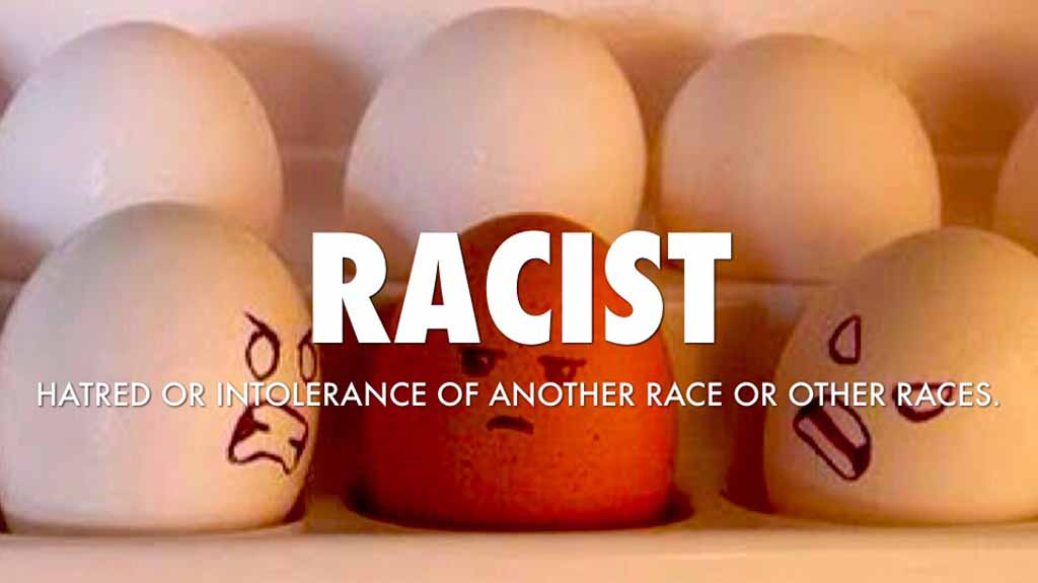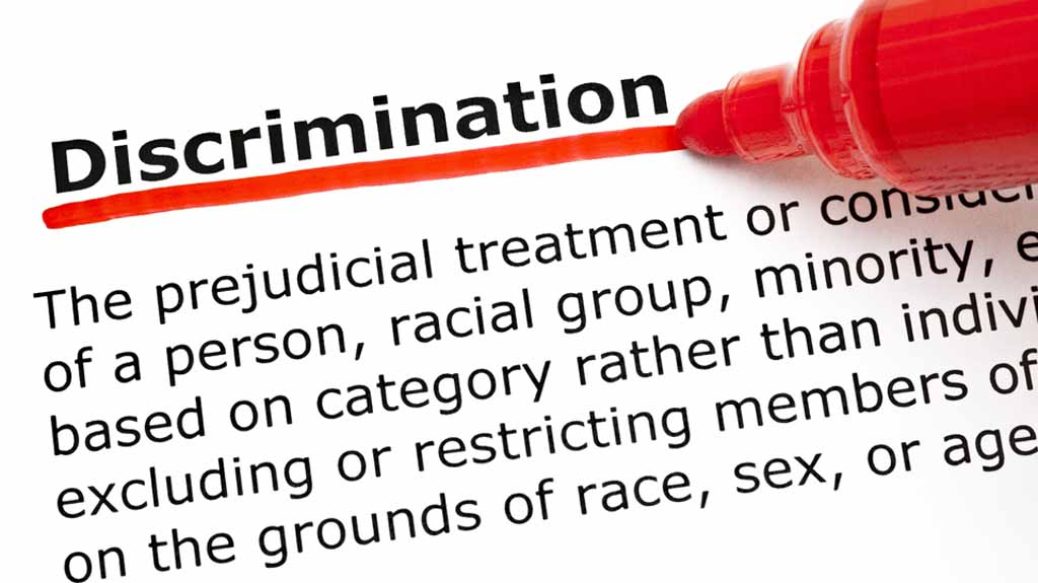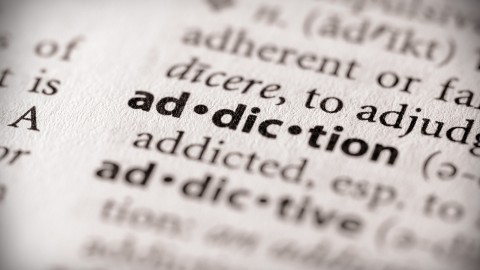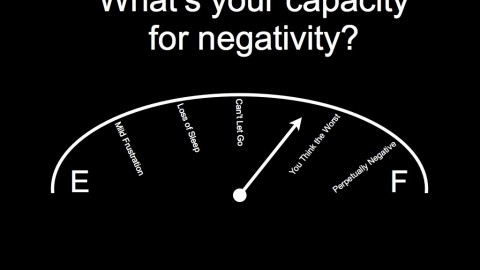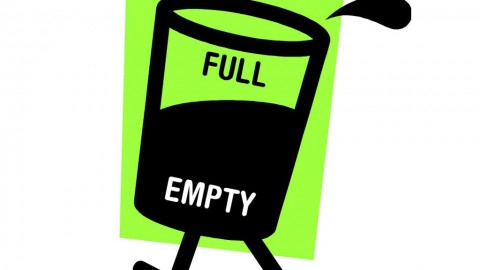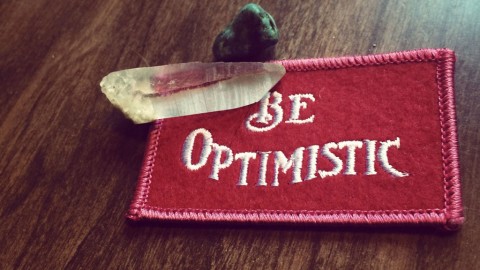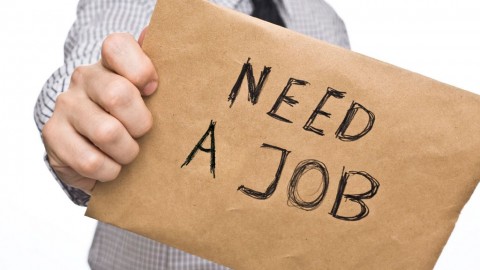“I guess those blacks are OK…”
“And what if your daughter married one of them?”
“Oh, I don’t know about that…”
Along with the indubitable rise of racism and xenophobia in Greece, a phenomenon that has been adequately analyzed from a political to even a psychiatric perspective, we will observe – and this is what I would like to analyze here – a rise in so-called progressiveness; one that comes to an abrupt stop when the need to accept the different comes knocking on our door.
For a (thankfully) significant part of Greek society being racist is a stigma. This is due to the following:
- Our slow but gradual incorporation to whatever positive context of European values.
- The overall increasing numbers of educational level.
- The continuous urbanization of the country.
In particular, racial anti-racism is also due to the following reasons:
- The memories of refugees inmost families.
- The new sensitivity to immigration (we have, once again, become immigrants ourselves).
- The rise of racism (as a reaction).
The problem with so-called progressiveness is that, psychologically, it includes a covert type of racism, which is not expressed in fear of its consequences – mostly of the negative impression it will create in the audience. Yet, as quasi-racism, it paves the way for openly expressed racism and obstructs the progress of society.
But people’s opinions and stances are judged when givens and customs are at stake… What is the meaning in declaring yourself anti-racist until your offspring gets married to an Albanian? How ethical is it to give charity to a disabled person and, when turning away to cross yourself full of piety, instead of “Please, God, help them”, you say “Thank you, God, for not making me this way”? How helpful is it for gay people when you utter such condescending statements of the type “This (gay) actor is such fun!”
The answer to all of the above random examples comes in one phrase: Not at all.
Acceptance of the different was never a given. Its levels have risen and fallen like waves as centuries passed; with a slight upward tendency in the long run, yet slightly less than we sometimes believe. But why, since the prerequisites for phenomenal improvement are abundant today, is it delayed?
In my opinion, there are two reasons for this:
On one hand, the acceleration of (narrow) technological progress does not allow for the assimilation and stabilization of values, so that a solid ethical and psychic basis can be created in people. In a world obsessed with moving for movement’s sake, returning to conservative values is experienced as an untold self-defense against the speed of evolution that, fatally, we cannot follow. Therefore, conservatism is turned into a haven and any form of progressiveness is just for show.
On the other hand, the upbringing of today’s “productive” age groups without wanting or lacking for anything has pushed them to a behavioral sluggishness with which they drive away (almost subconsciously) any sort of responsibility – particularly the expression of opinions that could endanger acceptance. If any kind of underlying racism was to be openly expressed it would cause anti-racist reactions. When it is creeping in the shadows, its confrontation is suspended.
At this point, it is important to note that the “minorities”, which want and are entitled to equal treatment, do not always, with their attitude, help create the prerequisites for this to happen. Trendy gay caricatures, who “give the finger” to a conservative society, are not exactly helpful, for instance. In this particular case, a serious stance essentially robs “opponents” of their arguments and helps the ones who need a gentle push to be “won over”.
In closing and in order to sum up a few conclusions about the above mentioned problems, I believe that an essential confrontation of racism requires the following:
For the ones asked to become more accepting:
- Stabilization of values in a spirit of sobriety, through rationalizations of the kind “Hellenism is ecumenical”, “No one is threatening me as long as I feel safe about what I believe and prefer”, etc.
- Reinforcement of self-esteem through the pursuit of free time for sober evaluations and the construction of a hierarchy of priorities, which will allow for success.
- Brave introspection in order to detect if maybe what you find difficult to accept in others is actually an element you possess and deny to address (projection/transference).
For the ones who wish to become accepted:
- Dignity, seriousness and consistency between words and actions.
- Sense of justice should not be side-tracked into defensive or aggressive self-pity.
current_Panos









